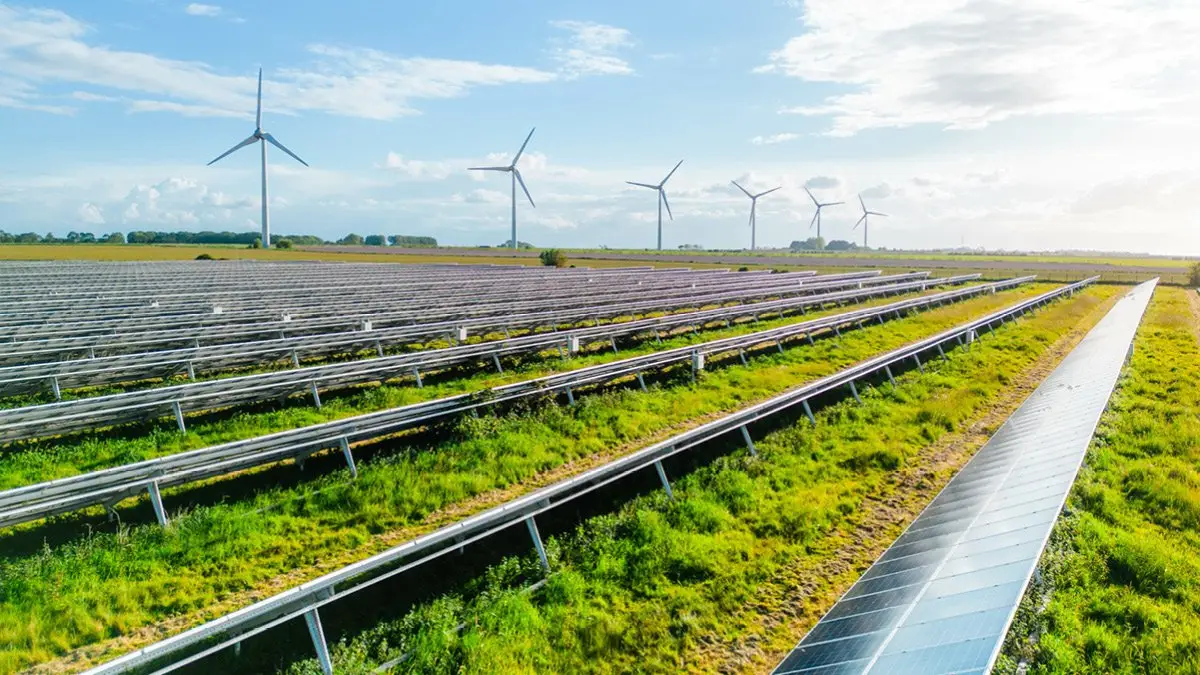Battery energy storage systems (BESS) are revolutionizing the way we generate, store, and use energy. As the world shifts towards renewable energy sources, these systems are becoming a critical component in ensuring a stable and reliable energy supply. BESS not only help manage the variability of renewable energy but also play a vital role in creating a resilient and efficient power grid.
What Are Battery Energy Storage Systems?
Definition and Basic Functionality
Battery energy storage systems (BESS) are devices that store electrical energy produced from various sources, such as solar panels and wind turbines, for later use. These systems capture energy during periods of low demand and release it when demand is high, ensuring a consistent supply of electricity. BESS can be scaled to meet different energy needs, from small residential setups to large-scale grid applications.
Types of Battery Energy Storage Systems
Lithium-Ion Batteries
Lithium-ion batteries are the most common type of battery used in energy storage systems today. They are favored for their high energy density, long cycle life, and decreasing costs, making them ideal for both residential and commercial applications. These batteries are widely used for grid stabilization and supporting the integration of renewable energy sources.
Lead-Acid Batteries
Lead-acid batteries have been around for over a century and are known for their reliability and cost-effectiveness. Although they have a shorter lifespan and lower energy density compared to lithium-ion batteries, they remain a popular choice for applications where cost is a significant factor. Lead-acid batteries are often used in uninterruptible power supplies (UPS) and smaller-scale energy storage projects.
Flow Batteries
Flow batteries are a newer technology that offers unique advantages for large-scale energy storage. They have a longer lifespan and can be easily scaled by increasing the size of their storage tanks. Flow batteries are particularly well-suited for applications that require large amounts of energy to be stored and discharged over extended periods, such as utility-scale renewable energy projects.
Why Are Battery Energy Storage Systems Important?
Integration of Renewable Energy
Battery energy storage systems are essential for integrating renewable energy sources like solar and wind into the power grid. These renewable sources are intermittent, meaning they do not produce energy consistently throughout the day. BESS allow excess energy generated during peak production times to be stored and used later when renewable generation is low, ensuring a steady energy supply and maximizing the use of clean energy.
Grid Stability and Resilience
BESS enhance the stability and resilience of the power grid by providing a buffer against fluctuations in energy supply and demand. During periods of peak demand or unexpected outages, these systems can release stored energy to help maintain grid stability and prevent blackouts. This capability is particularly valuable in regions prone to natural disasters or extreme weather events, where BESS can provide backup power to critical infrastructure.
Energy Efficiency and Cost Savings
By optimizing the use of energy, BESS help reduce waste and lower costs. They enable demand-side management, where energy is stored during off-peak hours when it is cheaper and released during peak hours when it is more expensive. This not only reduces the need for expensive and polluting peaker plants but also lowers overall energy costs for consumers and utilities, contributing to a more efficient and sustainable energy system.
What Battery Energy Storage Systems Mean for Landowners
Opportunities for Landowners
Battery energy storage systems present significant opportunities for landowners, especially those with large tracts of land. Just as land can be leased for wind turbines or solar panels, it can also be used for battery storage installations. This can provide an additional revenue stream for landowners and reduce their reliance on traditional agricultural or commercial activities. Leasing land for BESS installations is becoming increasingly attractive as demand for energy storage grows.
Impact on Land Value and Use
Hosting a battery energy storage system can increase the value of a property by turning it into a site for renewable energy infrastructure. This can make land more desirable to buyers interested in sustainable and future-proof investments. However, landowners need to consider how BESS installations might impact existing land use, such as agriculture or other commercial activities, and plan accordingly to maximize benefits while minimizing disruptions.
Community and Environmental Benefits
By supporting the deployment of battery energy storage systems, landowners can play a crucial role in enhancing local energy resilience and sustainability. BESS help reduce carbon emissions by enabling greater use of renewable energy, contributing to a cleaner environment. Additionally, local energy storage can provide communities with more reliable power and reduce dependency on distant power plants, fostering energy independence.
Future of Battery Energy Storage Systems in the Energy Landscape
Technological Innovations
The future of battery energy storage systems looks promising, with ongoing advancements in technology. Emerging technologies, such as solid-state batteries, promise higher energy densities, longer lifespans, and enhanced safety compared to current battery technologies. These innovations could further reduce costs and expand the applicability of BESS in various sectors, driving even greater adoption of energy storage solutions.
Policy and Market Trends
Government policies and incentives are playing a significant role in promoting the adoption of battery energy storage systems. Policies supporting renewable energy and carbon reduction are encouraging investments in BESS, while market growth projections indicate a strong demand for energy storage solutions worldwide. As the technology matures and becomes more cost-competitive, BESS will likely become a standard feature of the modern energy landscape.
Conclusion
Battery energy storage systems are crucial for achieving a sustainable energy future. They enable the integration of renewable energy sources, enhance grid stability, and provide cost savings and efficiency. For landowners, BESS offer new opportunities for revenue and contribute to community resilience and environmental sustainability. As technology continues to advance and policies support clean energy, battery storage systems will become even more integral to our energy landscape. Investing in and supporting the growth of BESS is essential for a greener, more resilient future.
Please contact Kayla.Rowan@peoplescompany.com to determine if a battery energy storage system is right for your property.







